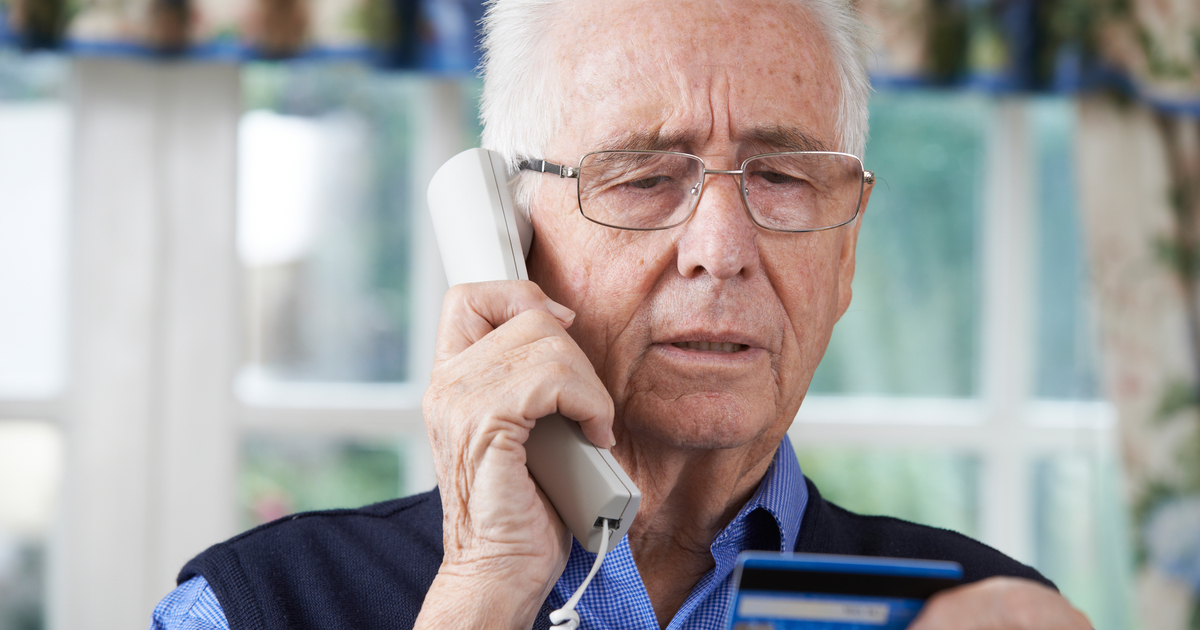Why the need to protect your parents from identity theft? Well, over 2.5 million Americans aged 65+ are victimized by identity thieves and cyber criminals every year. Not only do seniors lose a combined $3 billion annually due to identity theft, but many of those victims never fully recover from those crimes. If you’d like to protect your aging parents from identify theft, here are some tips that should help keep their nest egg safe and sound as their retirement years play out.
Why Identity Thieves Target the Elderly
Technical support scams, fake sweepstakes and fraudulent business opportunities, along with friend or family imposter scams, are all common financial schemes targeting the elderly. Sadly, dishonest caregivers and close family members oftentimes scam money from trusting seniors that they’re supposed to be caring for.
Here are some reasons why older adults are frequently targeted by identify thieves:
- Most have large nest eggs of savings and investments
- Many have already started accessing their retirement funds
- They spend more time in medical facilities using government services (Medicare, Medicaid, etc.)- two industries heavily targeted by fraudsters
- Poor decision-making exacerbated by cognitive decline
- Seniors who feel isolated or lack a strong support network are oftentimes more emotionally vulnerable and trusting
- They get monthly pension and Social Security checks
Seniors that are more exposed to identity theft run the risk for being victimized. This may lead to financial hardships that then threaten their health, wellbeing and independence.
Identity Protection Tips for Seniors
The first step is sitting down and convincing your parents to not be so trusting of strangers and even some of their own family members. Other ways to help your parents avoid identity thieves and other financial scammers include:
- Show them how to enter contacts in their phones and then advise them not to answer unsolicited calls from non-contacts. Phone scam artists rarely leave voicemails.
- Ask for their permission to monitor their bank and credit card transactions so that you can watch for suspicious purchases or cash withdrawals.
- Help them shred any old documents with sensitive personal information that are no longer needed. This may include things like tax returns, credit card statements, etc.
- Enroll them in an identity theft protection service.
- Help your parents obtain a free annual copy of their credit report through Experian, Equifax or Trans Union so that you can look for fraudulent activities.
- Discourage them from carrying Social Security cards around on their person. They should only carry their Medicare and other personal identity information (PII) cards on an “as-needed” basis.
- Show them how to have their Social Security and pension checks deposited directly into their bank accounts.
- Discuss the fact that if any offer sounds “too good to be true”, it usually is.
- Seek outside assistance if you suspect fraudulent activities. Identitytheft.gov is a good resource.
How to Report Fraud Damage
If you believe that the identity of one or both of your parents has been compromised, contact the Federal Trade Commission (FTC) to open an identity theft case file. The FTC will provide an affidavit that your parents can then take to their local police department. Once there, the officers will help you file a formal report.
Also convince your parents to contact all applicable state and federal government agencies, like the IRS and Medicare. Obtain a copy of their most recent credit report and alert the credit bureaus that mom and/or dad’s identity has been compromised. Although the fraud may have already occurred, taking these steps will help minimize the damage.
Another Layer of Security in Your Senior’s Home
Protecting aging parents from identity thieves isn’t easy, especially when you are busy or live far away. When you need another layer of security in the home, contact Adultcare Assistance Homecare (AAH). As a locally owned homecare agency all our highly trained caregivers are thoroughly screened in advance. We include criminal and driving background checks as part of the process. Our staff members excel at keeping independent seniors safe and comfortable every day. As a result they can continue living right where they want to be.
While serving as an extended family in the home, AAH’s client-trusted services include light housekeeping, personal care, respite care, companion care, medication reminders, transportation, and even 24-hour live-in care. From monitoring vitals to assisting with activities of daily living, our compassionate professionals create personalized care plans for each individual person they care for. To learn more about our award-winning home care services now, or to get a FREE assessment for a senior in Phoenix, Sun City or Tucson, AZ, today, please visit AAH at: www.adultcareassistance.com.





